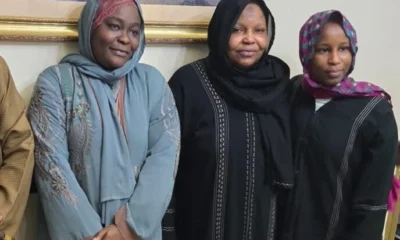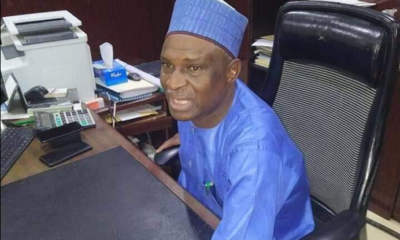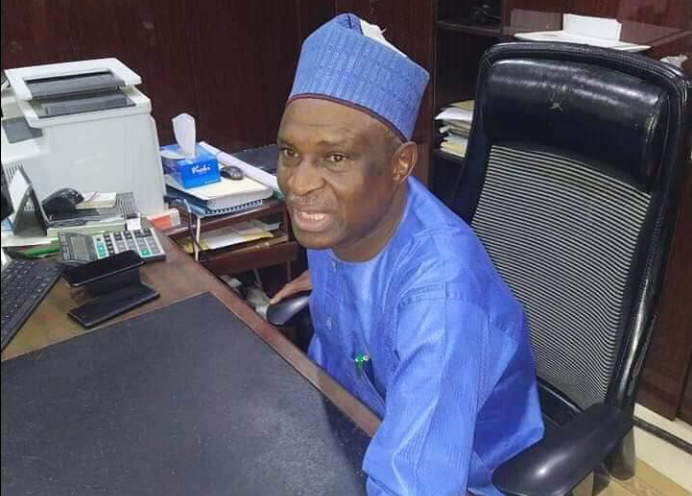BIG STORY
My Decision To Leave Nigeria If Tinubu Wins Hasn’t Changed — Bode George
-

 BIG STORY3 days ago
BIG STORY3 days agoNDLEA Arrests Famous 61-Yr-Old Lagos Fabric Merchant Alhaja Ajoke Elediye For Drug Trafficking
-

 BIG STORY2 days ago
BIG STORY2 days agoFuel Price May Crash To N500 Per Litre In 2025 — Oil Marketers
-

 BIG STORY2 days ago
BIG STORY2 days agoPopular Nigerian Socialite Cash Madam Dies At 89, Burial Announced
-

 BIG STORY1 day ago
BIG STORY1 day agoRetirement: Top Generals Get $20,000 Medical Allowance, Bullet-proof SUV, Others
-

 BIG STORY1 day ago
BIG STORY1 day agoGTCO PLC Announces Successful Completion Of The 1st Phase Of Its Equity Capital Raise Programme; Raises ₦209 Billion
-

 BIG STORY3 days ago
BIG STORY3 days agoRetailers Begin Loading From Port Harcourt Refinery This Week — PETROAN
-

 BIG STORY1 hour ago
BIG STORY1 hour agoIkorodu Teacher Arrested For Physically Abusing 3-Yr-Old Boy In Viral Video [SEE VIDEO]
-

 BIG STORY2 days ago
BIG STORY2 days agoThree Nigerian Women Jailed In Saudi For ‘Drug Trafficking’ Regain Freedom























